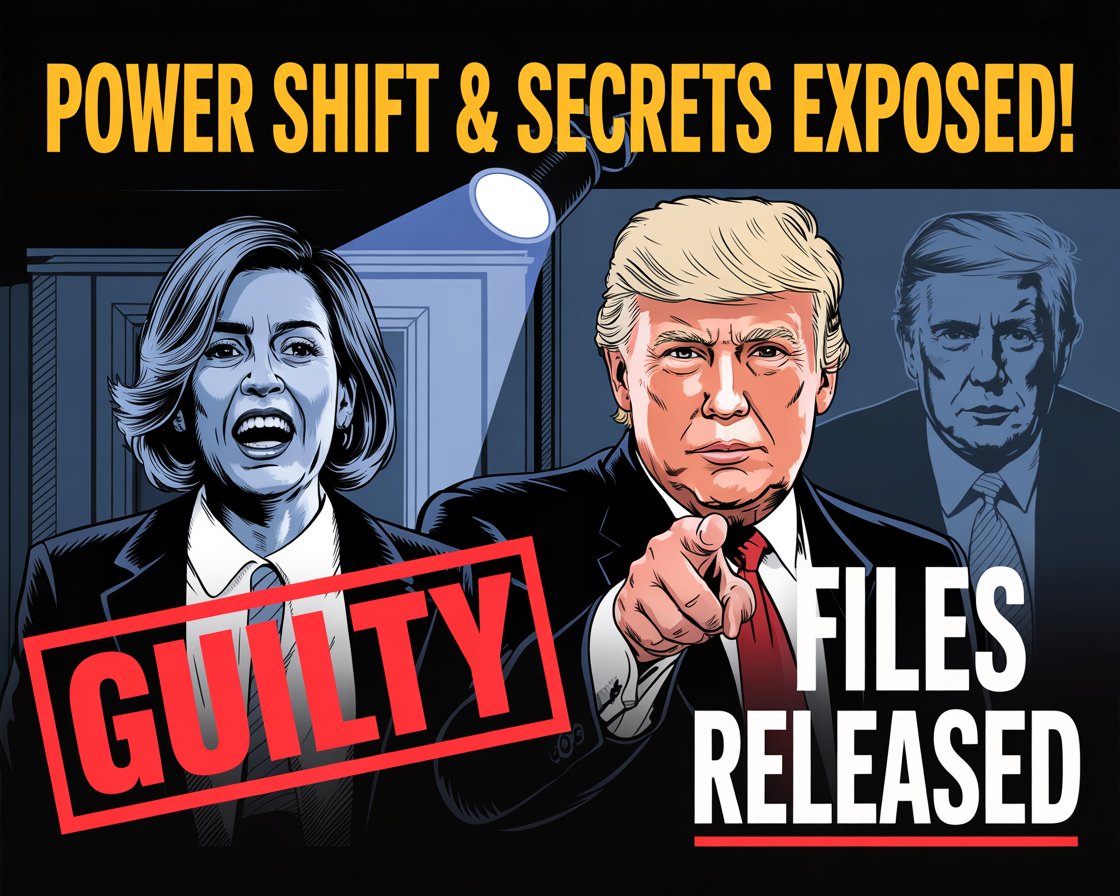Minnesota Sen. Nicole Mitchell convicted of burglary. Trump calls for Epstein grand jury transcript release. Power shifts at Capitol on the horizon.
Trump Orders Epstein Grand Jury Transcript Release
Minnesota Sen. Nicole Mitchell Found Guilty of Felony Burglary
Introduction
In a week packed with headlines, two explosive developments have captured public attention. Minnesota State Senator Nicole Mitchell was recently convicted of felony burglary—an outcome that could disrupt the delicate balance of power in the state Senate. At the same time, former President Donald Trump has directed the Department of Justice to release grand jury transcripts from the Jeffrey Epstein case, reigniting controversy and scrutiny. What follows is a comprehensive, in-depth look at both stories—the facts, implications, and what to expect moving forward.
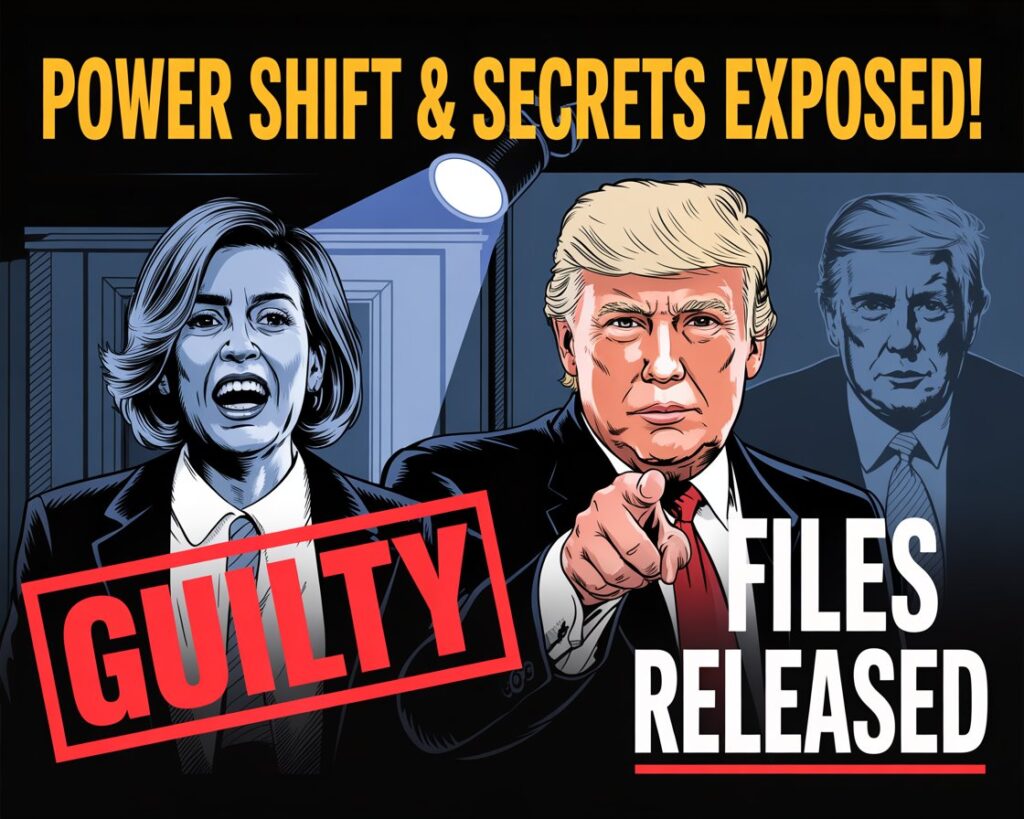
Part I: Nicole Mitchell’s Conviction – What You Need to Know
A Swift Verdict in Detroit Lakes
On Friday, a Detroit Lakes jury delivered a swift verdict: Minnesota State Senator Nicole Mitchell (DFL-Woodbury) was found guilty of first-degree burglary and possession of burglary tools. The close of closing arguments was swiftly followed by guilty findings, catching many by surprise.
Though Mitchell remained silent at the courthouse, her attorney, Dane DeKrey, told the press that she intends to appeal the verdict. The appeal could prolong political uncertainties in Minnesota.
Why the Verdict Matters
Mitchell’s conviction holds immense political weight. The Minnesota Senate currently operates with a razor-thin one-seat majority held by the Democratic-Farmer-Labor (DFL) Party. Should Mitchell resign, be expelled, or otherwise vacate her seat, the Senate’s majority would teeter into Republican hands—reshaping legislative control over the state’s agenda.
Delving Into the Case: From Arrest to Trial
The April 2024 Arrest
On the morning of April 22, 2024, police in Detroit Lakes responded to a family burglary call. They discovered Mitchell in the basement of her stepmother’s home, dressed head to toe in black. She initially claimed she was there to collect items belonging to her late father. But subsequent testimony and statements complicated that narrative.
Mitchell later asserted she entered the home out of concern for her stepmother, who suffers from Alzheimer’s-induced paranoia. She said she feared the older woman had become isolated and wanted to check on her well-being.
Conflicting Narratives
The criminal complaint and bodycam footage recorded Mitchell’s initial statement indicating she intended to retrieve personal items. However, her defense shifted to emphasize protective concern. This inconsistency became a central battleground in court, raising questions about whether she was acting out of urgent necessity or criminal intent.
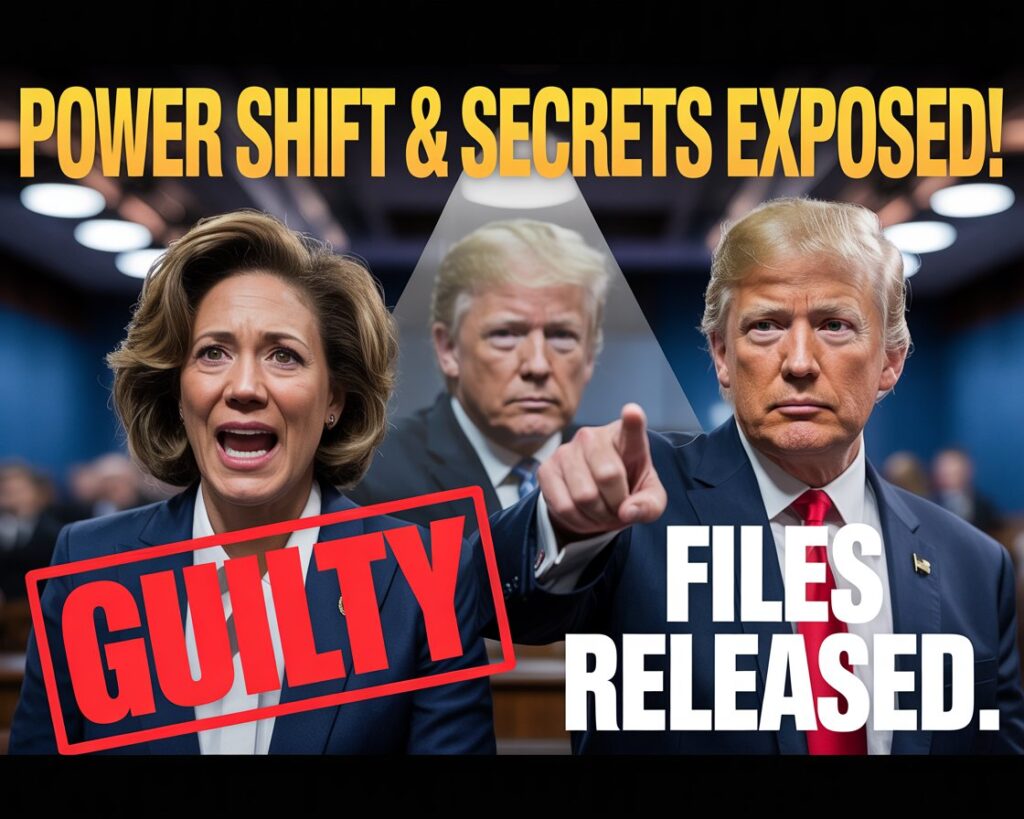
Opening Witnesses and Evidence
Prosecutors relied heavily on the factual record: Mitchell’s presence at the basement, the black attire, and most damning, the tools she brought with her—a small crowbar, latex gloves, and other items consistent with burglary preparation.
Defense counsel tried to put context around her intentions, suggesting the tools were precautionary and intended to help assess the safety of the home, ports of entry, or freeze locked doors.
On the Stand: Mitchell’s Testimony
Admission of Trespassing
In her trial testimony, Mitchell acknowledged entering the home without being invited. She also admitted to intentionally misdirecting officers to delay further inquiries—claims she says were rooted in fear and confusion during a tense family situation.
The Defense’s Key Message
DeKrey, her attorney, underscored a legal point: “Trespass is not burglary.” He argued that her intentions were centered on family welfare and were devoid of the intent to steal—an element essential to elevate the crime to first-degree burglary.
Prosecution’s Response
The prosecution painted a contrasting, deliberate picture. Becker County Attorney Brian McDonald asked the jury to consider the presence of burglary tools and the steps someone planning theft would take. McDonald minced no words:
“Who packs a freaking prybar just in case?”
He urged jurors to see Mitchell’s behavior as calculated and inconsistent with someone making a familial welfare check.
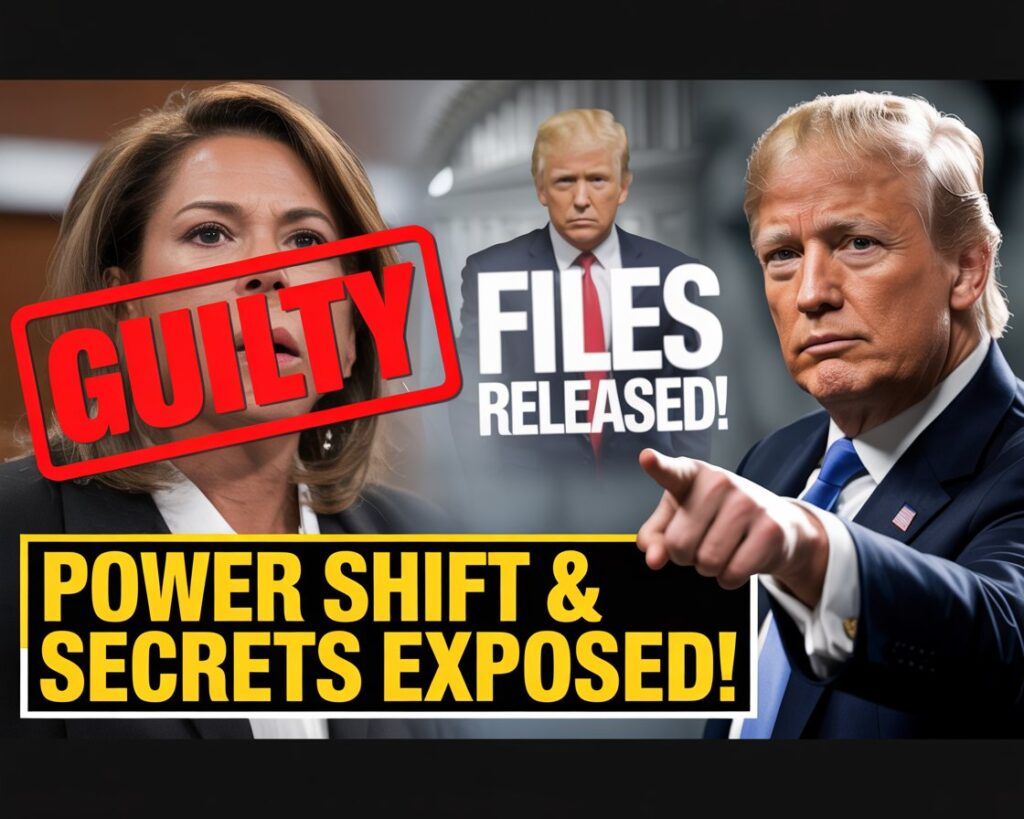
Sentencing Overview and Legal Ramifications
Potential Penalties
Under Minnesota law, Mitchell now faces a minimum of six months in jail and a maximum of 20 years behind bars. The wide sentencing range reflects the seriousness of a first-degree burglary conviction, but mitigation factors—including her service in the Air National Guard and lack of a prior criminal record—may influence the final sentence.
Sentencing Date Still Unset
At this time, a sentencing date has not been announced. Expect courthouse scheduling to begin following a short appeals timeline and possible motions by defense or prosecution to push forward.
Political Consequences in the Minnesota Senate
Growing Calls for Resignation
Republicans, who have long pushed for Mitchell’s removal, now see a renewed push for her to step down voluntarily. The governor, Tim Walz, along with top DFL leaders, have suggested resignation is appropriate in light of the guilty verdict.
Senate Majority Leader Erin Murphy said that Mitchell promised colleagues she would resign if convicted, and urged her to stand by that pledge. Murphy emphasized due process but recognized that conviction marks a pivotal turning point.
Senate Power Games
Until a seat changes hands, Mitchell remains officially in the Senate. That means she continues to cast pivotal votes—votes that, in such a closely divided chamber, can determine the direction of major bills, budgets, and procedural moves. Although many DFL-centric budget proposals passed in 2024, Mitchell’s participation was critical in tight votes.
What’s at Stake
- Major policy votes. Mitchell’s presence has been instrumental in passing the DFL legislative agenda. Any shift could flip the balance on parking legislation, environmental initiatives, funding for public education, infrastructure bills, or other statewide measures.
- Procedural resolutions. Mitchell’s votes helped block GOP-led investigations and disciplinary motions. Senators on both sides have cited several roll-call decisions where Mitchell’s vote was decisive.
Road Ahead: Resignation, Special Election, or Expulsion
Mitchell’s Options
- Resignation. If she follows through, Minnesota would likely schedule a special election—a costly and politically charged process.
- Expulsion. If she refuses to resign, the governor could call a special session requiring a two-thirds Senate vote to remove her by force.
- Legal battles. Simultaneously, her defense is expected to file an appeal. The appeal will raise the standard for a retrial or sentence reduction.
Governor and Senate Strategy
- Walz’s playbook. Governor Walz has expressed that a special election would follow a voluntary resignation, emphasizing the importance of democratic process.
- Senate caucus dynamics. DFL leadership must decide whether to push the resignation narrative or brace for a battle over expulsion—each path with its own advantages and risks for party unity and public perception.
Timeline to Watch
- Within 30 days: Courts expect to set trial sentencing dates.
- Within weeks: Mitchell may attempt resolution through a plea, sentence modification, or release on appeal.
- If no resignation: Expect calls for special session to vote on expulsion.
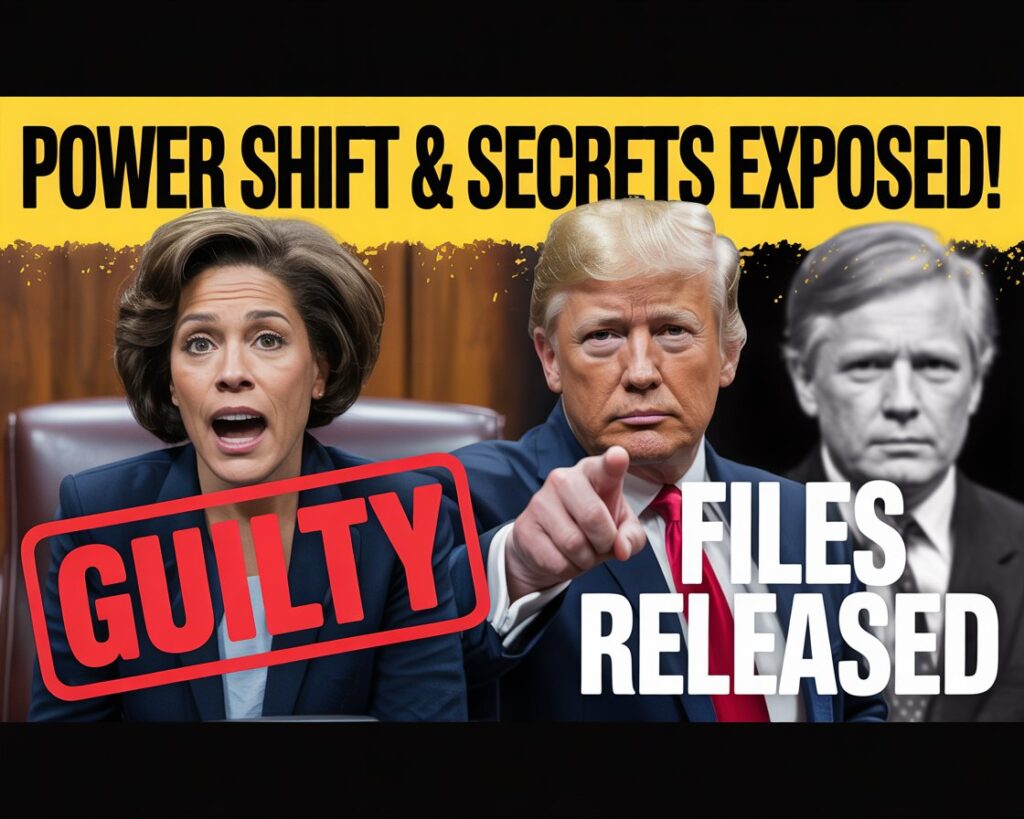
Part II: Trump’s Directive on Epstein Grand Jury Transcripts
What’s the Big News?
In a high-stakes political move, former President Donald Trump has publicly instructed Attorney General to release grand jury transcripts from the Jeffrey Epstein investigation. The directive follows years of speculation, secrecy, and incendiary claims surrounding Epstein’s criminal network.
Why This Matters
- Transparency vs. privacy. Grand jury proceedings are typically secret. Opening these transcripts could expose sensitive information about high-profile individuals mentioned during testimony.
- Renewed scrutiny. Epstein’s death in 2019 didn’t halt public interest. The release could trigger investigations, defamation claims, or new scrutiny into Epstein’s associates.
Legal and Procedural Obstacles
- Grand jury secrecy laws. U.S. rules make it uncommon to release transcripts, reserving it for compelling public interest or court orders.
- Attorney General’s decision. The DoJ has ultimate discretion but must balance national security, personal privacy, and procedural integrity.
Public Reaction and Political Angle
Expect a heavy political fallout:
- Democrats may accuse Trump of grandstanding or destabilizing judicial norms.
- Republicans likely see it as a move toward truth and accountability.
Broader Implications and Context
National Impact
- Should the transcripts become public, we could see new revelations tied to high-profile individuals, private jet manifests, or even policy connections.
- If legally blocked, it may still elevate public suspicion of previously unnamed persons connected to Epstein’s inner circle.
Local Lessons in Minnesota
- The Mitchell saga echoes larger themes of public trust, crime versus public service, and transparency in governance—paralleling national concerns about insider actions and accountability.
- Minnesota legislators and voters alike are watching closely to see how institutions handle wrongdoing by elected officials.
FAQs & Key Questions
- What is Mitchell’s sentence? She faces 6 months to 20 years, with sentencing date pending.
- Could Mitchell stay in office during appeal? Yes, unless a judge suspends her until sentencing or she resigns.
- What triggers special election? A vacancy created by resignation or expulsion.
- Will Senate control change? Potentially—if she leaves, Republicans could gain a majority.
- When might Epstein transcripts be released? No timeline known—it depends on DoJ discretion and legal standards.
Conclusion
Nicole Mitchell’s conviction marks a turning point for Minnesota politics, potentially shifting a fragile legislative majority in one vote. Meanwhile, Trump’s directive around the Epstein transcripts adds national fire to an already blazing political landscape. As both stories continue to evolve, the coming weeks and months promise a convergence of legal decisions, political maneuvering, and narrative control that could redefine both state and national discourse.
